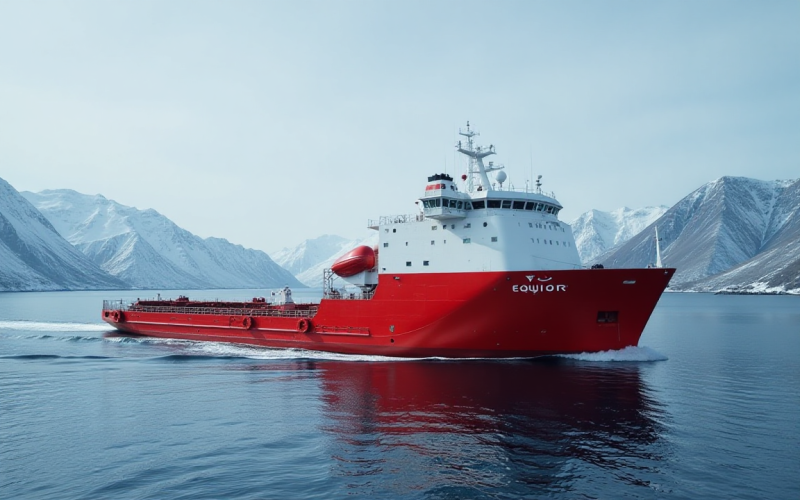The European Union is currently exploring the implementation of more stringent regulations for companies regarding the verification of the origin of their imported gas.
This initiative is a core component of the bloc’s broader strategy to gradually eliminate its reliance on Russian energy imports.
A confidential document outlines these proposed measures, indicating a significant shift in the EU’s energy procurement policies, according to a Reuters report.
The move underscores the EU’s commitment to diversifying its energy sources and strengthening its energy security in the face of geopolitical considerations.
These stricter requirements aim to ensure greater transparency and accountability within the gas supply chain, potentially leading to a more robust and ethically sourced energy market within the EU.
In response to Russia’s 2022 invasion of Ukraine, Brussels aims to end its long-standing energy ties with Russia.
Latest provisions
To achieve this, the European Commission proposed legislation last month to gradually eliminate EU imports of Russian oil and gas by January 1, 2028.
It is notoriously difficult to prove the origin of gas, especially when it has been blended in transit.
The latest negotiating proposal includes provisions for countries to require importers to submit additional documentation to national authorities to verify that their fuel is not of Russian origin, according to the report.
Diplomats from EU countries are scheduled to discuss the proposal on Tuesday at a meeting in Brussels.
The document, dated August 28, was quoted in the Reuters report:
For imports of natural gas produced in other countries than Russia, the authorising authorities…shall be provided with evidence to establish the country of production of the natural gas.
This clause is not applicable to gas imports from countries that have similarly banned or sanctioned Russian gas imports.
Gradual phase out
The European Union plans to gradually eliminate Russian gas imports.
New contracts will be prohibited starting January 2026, while existing short-term agreements will cease by June 17, 2026.
Long-term contracts are set to be phased out by January 2028. This comprehensive ban aims to reduce the EU’s reliance on Russian gas and enhance its energy independence.
Denmark, currently holding the EU’s rotating presidency, drafted the negotiating document but declined to comment on it.
The document also stated that importers of LNG cargoes from Russia, which may contain gas from various origins, will be required to provide documentation detailing the proportion of Russian gas within these mixed shipments.
Governments are currently working towards establishing a unified stance on the proposed ban of Russian gas imports.
This critical agreement is targeted for completion by mid-October. Following this internal governmental consensus, the agreed-upon position will then be subject to negotiations with the European Parliament.
The ultimate goal of these discussions is the collaborative approval and formal enactment of the final legislation regarding the Russian gas ban.
Last year, Russia supplied approximately 19% of Europe’s gas through the TurkStream pipeline and LNG shipments. This figure is projected to decrease to 13% in 2025, a significant drop from the pre-2022 level of around 45%.
The post EU seeks stricter gas origin rules to cut Russian dependence appeared first on Invezz


